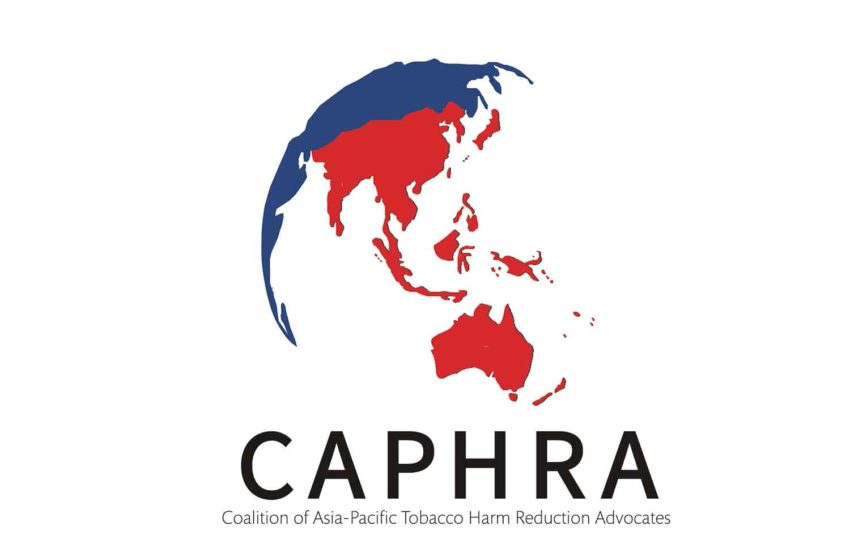 “By stirring up anti-vaping hysteria, New Zealand’s Asthma and Respiratory Foundation will only send more minors back to smoking and put the country’s decade long Smokefree 2025 ambition in jeopardy,” says Nancy Loucas, executive coordinator of the Coalition of Asia Pacific Tobacco Harm Reduction Advocates (CAPHRA).
“By stirring up anti-vaping hysteria, New Zealand’s Asthma and Respiratory Foundation will only send more minors back to smoking and put the country’s decade long Smokefree 2025 ambition in jeopardy,” says Nancy Loucas, executive coordinator of the Coalition of Asia Pacific Tobacco Harm Reduction Advocates (CAPHRA).
Loucas’ comments follow the Asthma and Respiratory Foundation (ARFNZ) launching a video series titled, “Spotlight on Vaping.” The campaign claims New Zealand is experiencing an “epidemic” of youth vaping. Together with the Secondary Principals’ Association of NZ (SPANZ), it also claims over a quarter of students have vaped in the past week.
“What these sensationalized numbers don’t take into account is, if 26 percent of school students had in fact vaped in the past week, many would only be trying it, and secondly, almost all of them would’ve been smoking deadly cigarettes a generation ago,” says Loucas.
CAPHRA says while smoking-related illnesses kill around 5,000 New Zealanders every year, vaping has not reportedly caused one death in the country. In fact, vaping been widely attributed for positively contributing to New Zealand’s plummeting smoking rate. The overall adult daily smoking rate has fallen from 18 percent in 2006/07 to 9.4 percent in 2020-2021.
“What ARFNZ fails to mention is [that] the 2021 ASH Year 10 Snapshot survey that they selectively refer to confirms that vaping is not hooking nonsmokers. In that survey, just 3 percent of those who vape daily have never smoked. What’s more, while many may try it, very few ever become regular vapers, particularly non-smoking students,” she says.
Loucas says while ARFNZ attract headlines by alleging a “youth vaping epidemic,” University of Auckland researchers in 2020 came to a different conclusion: “Our findings do not support the notion of a so-called vaping epidemic in New Zealand or a large youth population dependent on vaping,” the researchers wrote
“While no one wants youth vaping, we are not seeing an ‘epidemic’ as ARFNZ would have the public believe.

